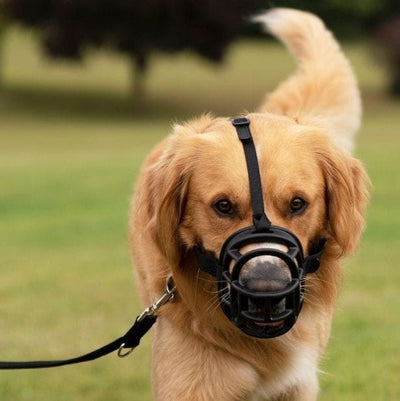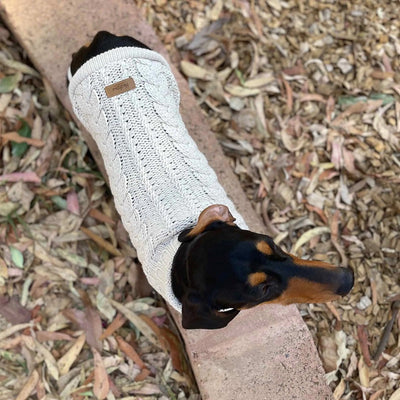As the temperatures drop, it's not just humans who need to prepare for winter. Your furry companion may also require some extra care to stay healthy and happy during the colder months. If you have an indoor dog, you might be wondering if they need a coat to protect them from the chilly air. In this guide, we'll explore whether or not your four-legged friend needs a coat, and provide tips on how to keep them comfortable throughout the winter season.
Why Indoor Dogs Might Need a Coat
While indoor dogs may be protected from harsher outdoor elements, they can still experience discomfort in colder temperatures. Factors such as age, breed, and health can also affect how well a dog can regulate their body temperature. For example, smaller breeds like Chihuahuas and toy poodles may feel the cold more intensely than larger breeds, and older dogs or those with health issues may have a weakened immune system that makes them more susceptible to illness. It's important to observe your dog's behavior and reactions in order to determine whether or not they need some extra warmth during the winter season.









